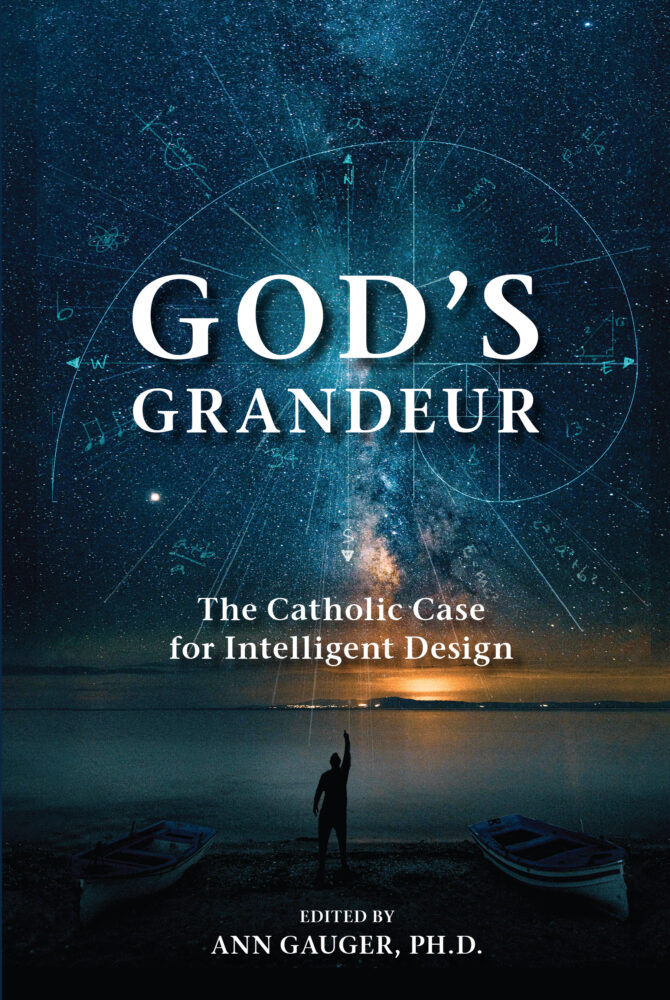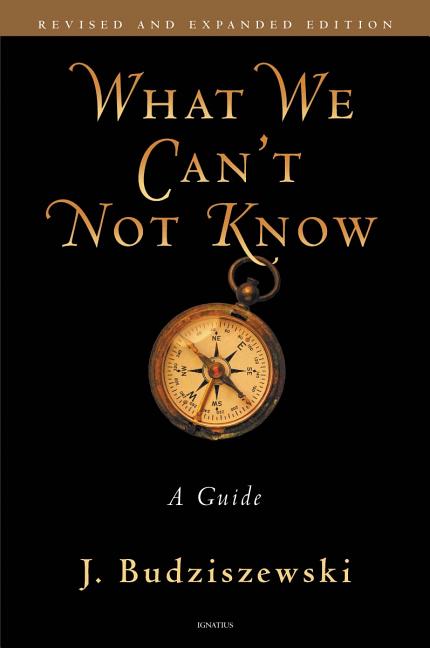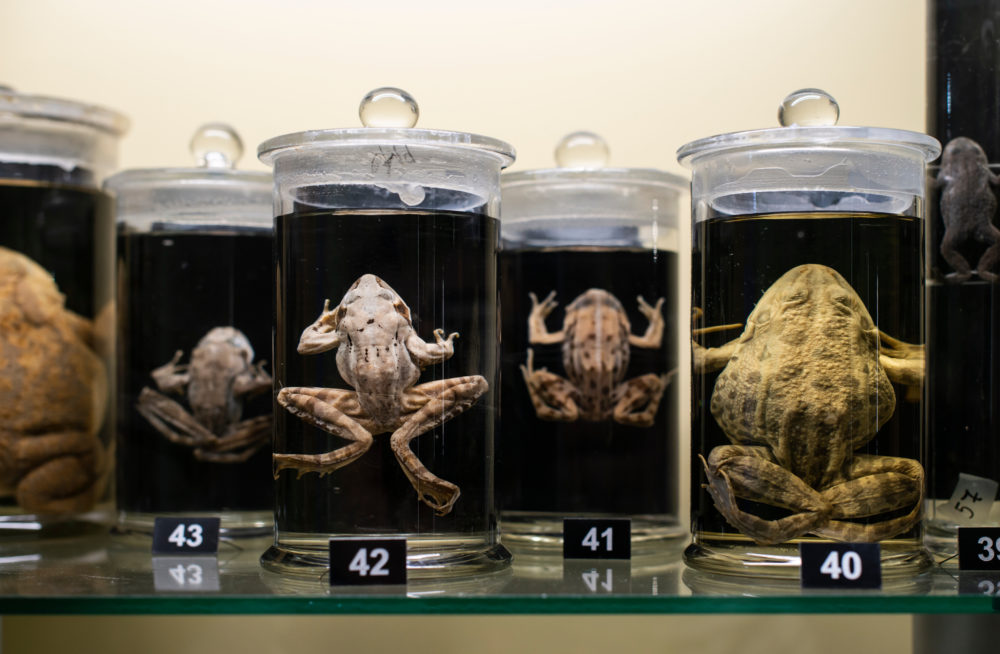
God’s Grandeur
The Catholic Case for Intelligent Design
What We Can’t Not Know
Testimony by J. Budziszewski to Texas SBOE
Natural Born Lawyers
Review of eight recent books on Natural Law
The Revenge of Conscience

Professor Budziszewski is a professor of government and philosophy at the University of Texas, Austin, where he also teaches courses in the law school and the religious studies department. He specializes in political philosophy, ethical philosophy, legal philosophy, and the interaction of religion with philosophy. Among his research interests are classical natural law, virtue ethics, conscience and moral self deception, the institution of the family in relation to political and social order, religion in public life, and the problem of toleration.
He maintains a personal website and blog at The Underground Thomist, and his books include The Resurrection of Nature: Political Theory and the Human Character (Cornell, 1986), The Nearest Coast of Darkness: A Vindication of the Politics of Virtues (Cornell, 1988), True Tolerance: Liberalism and the Necessity of Judgment (Transaction, 1992), Written on the Heart: The Case for Natural Law (InterVarsity, 1997), The Revenge of Conscience: Politics and the Fall of Man (2d ed. Wipf and Stock, 2010), Evangelicals in the Public Square (Baker Academic, 2006; Kindle On Demand, 2019), Natural Law for Lawyers (Blackstone Fellowship, 2006; Kindle On Demand, 2019), The Line Through the Heart: Natural Law as Fact, Theory, and Sign of Contradiction (Intercollegiate Studies Institute Press, 2009), What We Can't Not Know: A Guide (2d ed. Ignatius, 2011), On the Meaning of Sex(Intercollegiate Studies Institute Press, 2012), Commentary on Thomas Aquinas’s Treatise on Law (Cambridge University Press, 2014), its free online partner volume, Companion to the Commentary (Cambridge University Press, 2014), Commentary on Thomas Aquinas's Virtue Ethics (Cambridge University Press, 2017), and Commentary on Thomas Aquinas’s Treatise on Happiness and Ultimate Purpose (Cambridge University Press, 2020).



